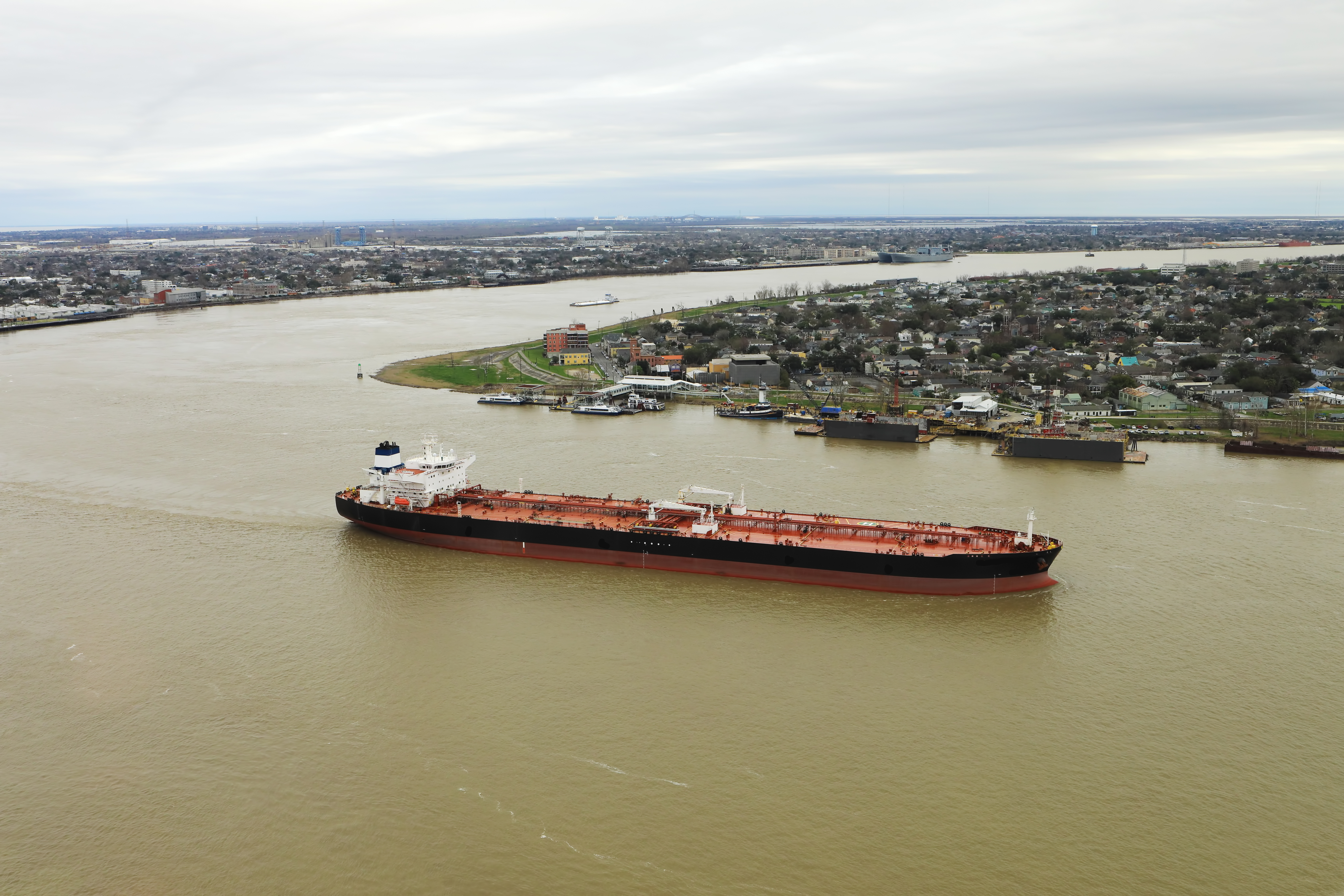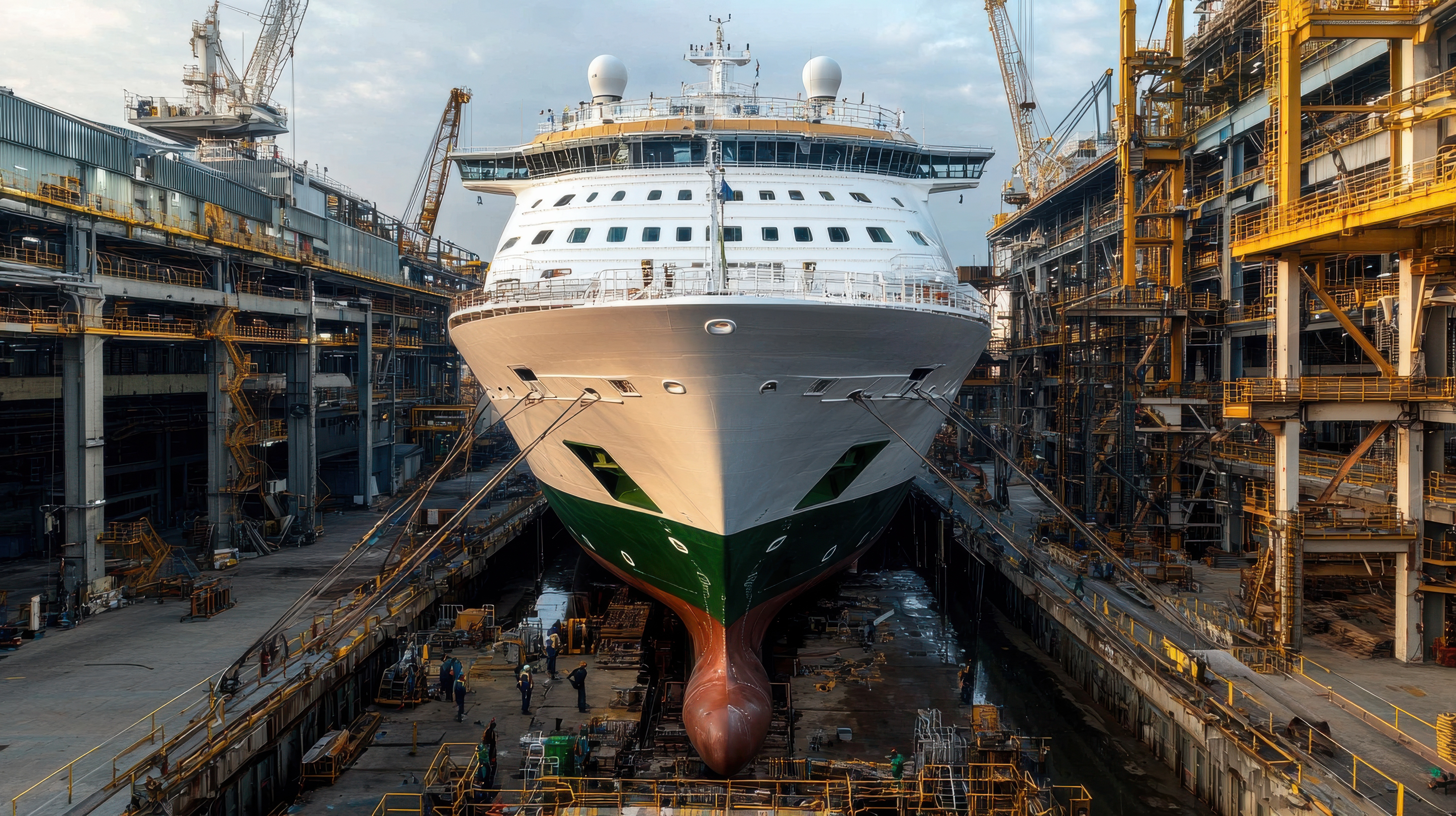QCR Summer 2018: Carriage of Goods by Sea Act 1992, s.2(1) and s.2(4) - Bill of lading holder not required to give credit for prior recovery from intermediate seller, The correct application of the "mere receipt rule" under s.2(4) explained
- Date
- 31 July 2018
Share this article




